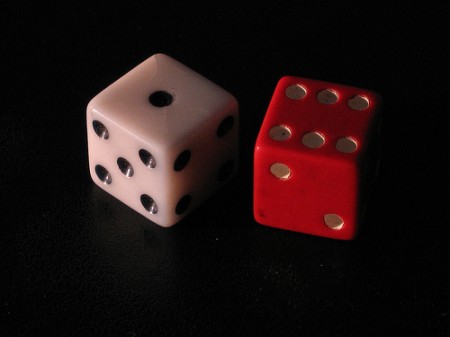
Casinos count as one of the most recession-proof industries. They are also a convenient source of tax revenue for governments. That’s why many legislators tend to relax their moral reservations towards the “vice of gambling” and allow the re-opening of casinos to generate new government income.
Grappling with a gaping hole in its state budget, the Massachussetts legislature is seriously considering legalizing casino gambling in the state. The casino industry in the United States is even expected to keep struggling architects afloat, who are among the hardest hit by the recession. In fact, only the construction of churches seems to keep up with that of casinos.
Against all odds, the Russian government, which has been dealt a hard hand by the global economic downturn, is doing the exact opposite: As of today, casinos in Russia are outlawed. It is the result of a law that seeks to “go all-in” with eradicating a vice that allegedly is widespread among the Russian people. The law is also designed to rein in an industry seen as a breeding ground for corruption and organized crime. From the new law, Russia expects a payoff in virtue rather than cash. Meanwhile, the Russian casino industry expects at least 350,000 job losses as a result of the shutdowns – in addition to the loss in revenue for the cash-strapped Russian state.
Alas, for hundreds of thousands of Russian casino industry employees, the game is over. Yet the ban’s effectiveness might be less certain than your survival in Russian roulette. The gambling industry is expected to go underground and thus more difficult to regulate and control. So will the ban ultimately help eradicate the vice of gambling? I wouldn’t bet on it.

